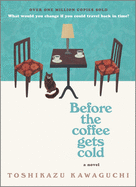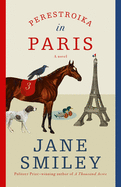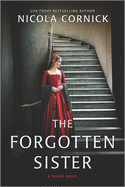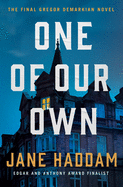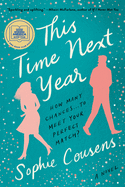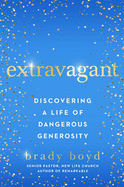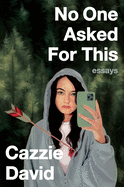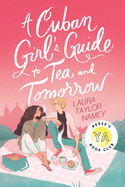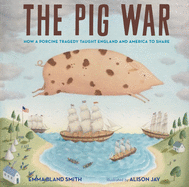Rebecca Kim Wells grew up in California before moving east in search of crisp autumns and snowy winters. Her debut novel, Shatter the Sky, was a New England Book Award Finalist, an Indies Introduce selection and a Kids' Indie Next Pick. The sequel, Storm the Earth, is available from Simon & Schuster.
Mara Fitzgerald writes YA fantasy about unlikable female characters who ruin everything. She is a biologist by day and spends entirely too much time looking at insects under a microscope. Beyond the Ruby Veil, her debut novel about a ruthless young woman unwilling to donate her body and self to save her country from drought, is available from Little, Brown.
Rebecca Kim Wells: Beyond the Ruby Veil is your love letter to the "unlikable female protagonist." Emanuela is unapologetic and unstoppable, even when she does things that other characters revile her for. How did you go about crafting her?
Mara Fitzgerald: I think it's crucial for writers to let our characters loose. Don't ask yourself, "What does this character need to do for the plot to happen the way I want?" Ask yourself, "What would this fictional person really do here?" This is a lot easier said than done, but one of the most fun parts of writing is that larger-than-life element of a character doing something you would--or could--never do!
When you're writing a character who does awful things, narrative interiority is a huge part of it. Readers don't have to agree with Emanuela's decisions, but I want them to understand why she made them--and if she has regrets but won't say them out loud. I think it helps for your characters to be franker in their internal narration, and with the readers, than they are with those around them.
.JPG) |
Mara Fitzgerald
(photo: Emily Frazier Creative) |
Wells: Emanuela can be vicious, but her best friend and (sometimes reluctant) collaborator Alessandro is more passive and accepting. What was important to you in crafting their contrasting characters and relationship?
Fitzgerald: I think of Emanuela and Alessandro as the "shoulder devil" and the "shoulder angel," and, unfortunately, the devil's in charge. Alessandro wants the harmonious approach, and Emanuela thinks that never works. The two of them functioning as a pair allows readers to see more nuance. Harmony isn't always the answer, but neither is total ruthlessness. Ideally, your characters aren't just mouthpieces, but also people. What does their morals being in conflict mean for their friendship?
Wells: I find it so interesting that all of your main characters believe they are doing the right thing, both for themselves and for their people--and yet their successes must come at great cost to others. You've forced them all into a deadly zero-sum game, and I am into it! Do you think altruism is possible, or even desirable, in the world of the ruby veil?
 |
Rebecca Wells
(photo: Carter Hasegawa) |
Fitzgerald: I think altruism is always possible, but sometimes, there are larger forces preventing it. There's a concept in writing of "the lie your character believes," a mistruth they hold close that the story will challenge. I think story worlds can also be built around a lie everyone's been made to believe. The world of Beyond the Ruby Veil revolves around the lie "there can be no water without a blood sacrifice, one way or another." And the two-book process the characters have to go through is recognizing the lie, figuring out why it exists and figuring out what the truth is.
Wells: I love that we've both written queer girl protagonists who are very different. If Maren and Emanuela were in a room together, what would happen?
Fitzgerald: Emanuela would never admit it, but she's threatened by girls her own age. Once she finds out Maren has the ability to speak to dragons, she's going to try and bully Maren into sharing this power.
Storm the Earth has an emperor and a noble court, which are common fantasy elements. However, you've done several interesting things to make the world queer, for example, marriage is falling out of fashion among younger nobles, and one king has "they" pronouns. What was your inspiration for this world?
Wells: Homophobia is uninteresting to me. Since I created this world from scratch, I didn't feel the need to address it the way I might if I were writing about the real world, where, unfortunately, homophobia is still a problem. So queerness is wonderfully common and casual. As for marriage, recently I've gotten more interested in power: Who has it and why? Historically, noble and royal marriages were often about the perpetuation of power through family alliances and blood lineage, which to me as a fantasy writer seems unnecessarily classist! Though previous noble generations in Zefed fell in line with this, I wanted to posit the possibility of change (though I didn't have space to explore the sociopolitical ramifications--fanfiction? please?).
Fitzgerald: While this world lacks traditional gender roles, it's still being read in the real world. Kaia and Maren both being girls brought unique dimensions to how we read their relationship--it adds a new layer to one feeling jealousy, insecurity or like the other has "everything they want." What unique layers did you notice as you wrote?
Wells: While Kaia and Maren don't deal with real-world gender roles, they're still teenage girls trying to figure out what they want. Though they're very different, in some ways they're very similar--they're both from the same village, with similar upbringings. It's natural that they would compare themselves, especially since they're isolated in Zefed. I think it's difficult to be a teenage girl. Even in fantasy worlds, there are expectations placed upon you (and expectations you place upon yourself). And part of growing up is interrogating those expectations and crafting your own path.
Fitzgerald: Without spoiling anything, one thing that really comes to light is that Kaia and Maren's relationship is not perfect. When writing such an underrepresented relationship, it can feel like you need to make it perfect and "aspirational." How did you approach writing such a wonderfully messy relationship?
Wells: We need messy queer representation just as much as we need aspirational queer representation. Representation should cover the entire glorious landscape of the human experience! In my experience, relationships require work, loving relationships can be difficult and being in a relationship is a choice you make every day. That's what I poured into this duology. While I hope it's clear that I love both Maren and Kaia dearly, my endgame in Storm the Earth is Maren's self-understanding and self-determination. Her romantic choices are important and contribute to her growth, but ultimately they are secondary.
Fitzgerald: When it comes to queer girls in YA, what would you love to see more of?
Wells: The landscape of queer children's literature is getting brighter all the time--we just need more! I especially want to see queer girls do all the nonsense that everyone else does and be celebrated for it!
Mara Fitzgerald and Rebecca Kim Wells: Writing Queer Young Women in YA
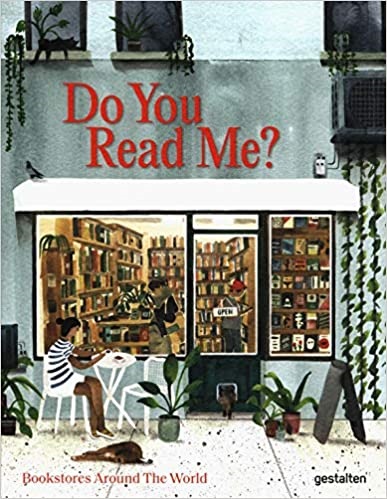 Thanks to travel writer Marianne Julia Strauss's Do You Read Me?: Bookstores Around the World (Gestalten, $60), my wish can be fulfilled, right from my own living room. This sumptuously photographed, elegantly produced 275-page volume takes booklovers on a global tour. FilBooks in Istanbul employs an elephant motif ("fil" means elephant in Turkish), teal accents on the piping, coffee and red velvet cake to lure customers. A palm tree creates the focal point of Cafebrería el Péndulo in Mexico.
Thanks to travel writer Marianne Julia Strauss's Do You Read Me?: Bookstores Around the World (Gestalten, $60), my wish can be fulfilled, right from my own living room. This sumptuously photographed, elegantly produced 275-page volume takes booklovers on a global tour. FilBooks in Istanbul employs an elephant motif ("fil" means elephant in Turkish), teal accents on the piping, coffee and red velvet cake to lure customers. A palm tree creates the focal point of Cafebrería el Péndulo in Mexico.
 Then there's Wuguan Books in Kaohsiumg, Taiwan, where only those 18 and older can enter in the dark to view 400 books under spotlight--identities obscured, the better to browse erotica and psychology titles. Tokyo's Morioka Shoten sells just one book (which changes on a weekly basis); in Lagos, Nigeria, The Jazzhole boasts strong coffee alongside the music of Miles Davis and Duro Ikujenyo, and works by Chimamandah Ngozi Adichie.
Then there's Wuguan Books in Kaohsiumg, Taiwan, where only those 18 and older can enter in the dark to view 400 books under spotlight--identities obscured, the better to browse erotica and psychology titles. Tokyo's Morioka Shoten sells just one book (which changes on a weekly basis); in Lagos, Nigeria, The Jazzhole boasts strong coffee alongside the music of Miles Davis and Duro Ikujenyo, and works by Chimamandah Ngozi Adichie.


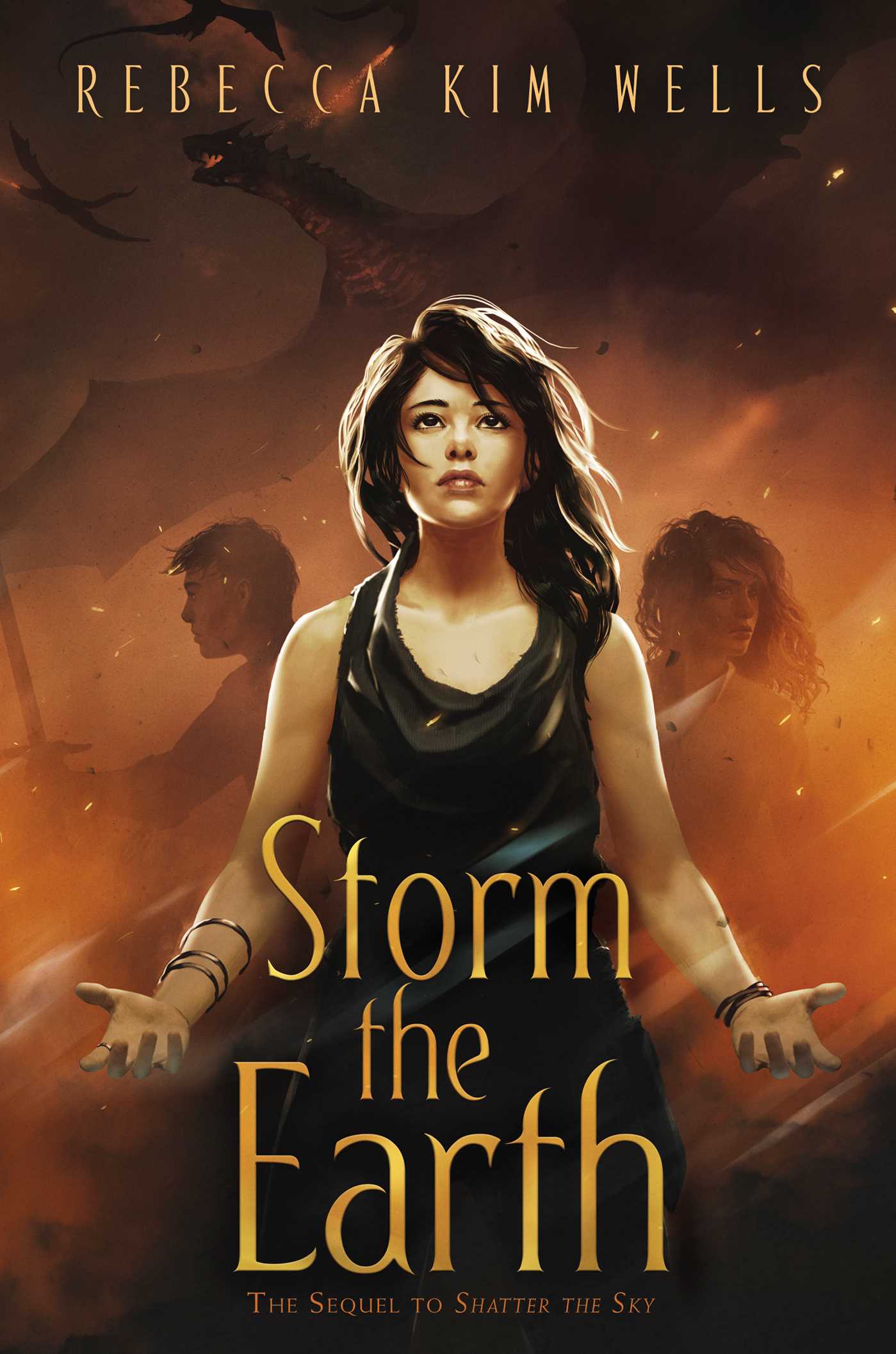
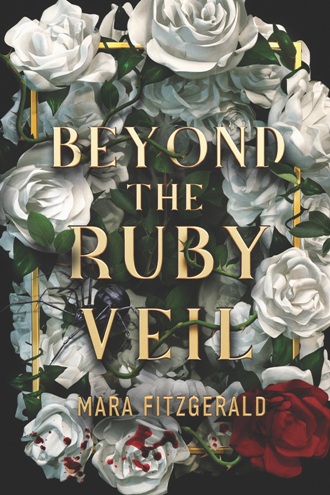
.JPG)

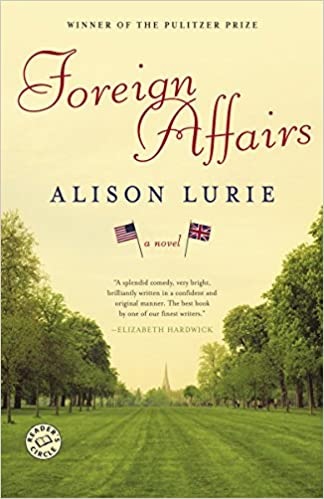 Alison Lurie, the Pulitzer Prize-winning author "whose mordant novels punctured pretension, deflated dogma and illuminated the staggering talent of smart people for self-deception," died December 3 at age 94, the
Alison Lurie, the Pulitzer Prize-winning author "whose mordant novels punctured pretension, deflated dogma and illuminated the staggering talent of smart people for self-deception," died December 3 at age 94, the 